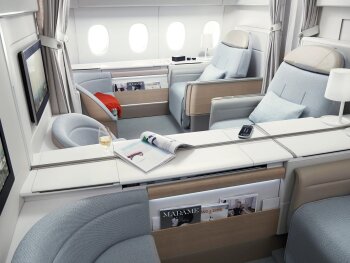Have you ever boarded an airplane to see economy class full but first class seats available? Did you wish you would have been given that seat? Unfortunately, airlines seldom give out premium seats if left unsold. The answer as to why rests in the perceived value of the seat.
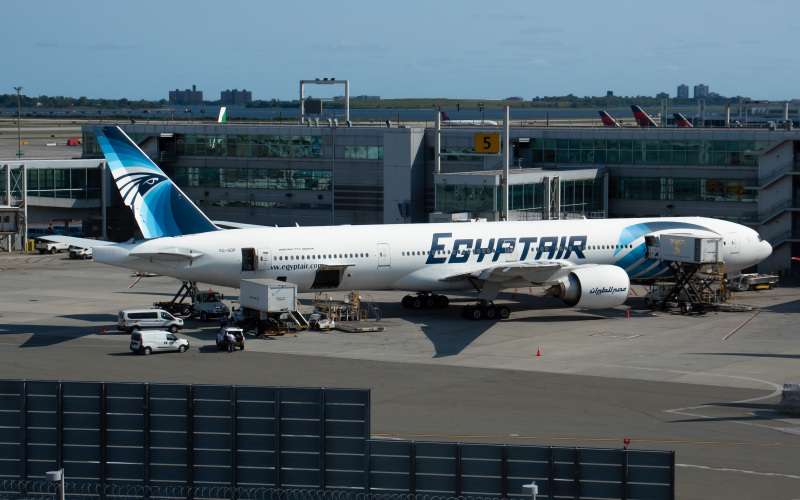
In essence, airlines want to create markets for their seats. Prices are a reflection of demand. If an economy seat and first class seat cost the same, customers would flock to the first class seat to receive a higher quality of service. To ensure supply equals demand, prices for first class are higher to guarantee market clearance.
This means that most passengers expect a certain price for first class and prepare to pay within that given range most times. When prices drop below that range, you may quickly pay for an upgrade, believing you get a "score" of a price. Yet, the "score" is simply a drop relative to the "perceived" value airlines have led you to believe is fair for such a seat. But what if airlines permanently altered your perceived value for the seat, such that your willingness to pay is perpetually lower?
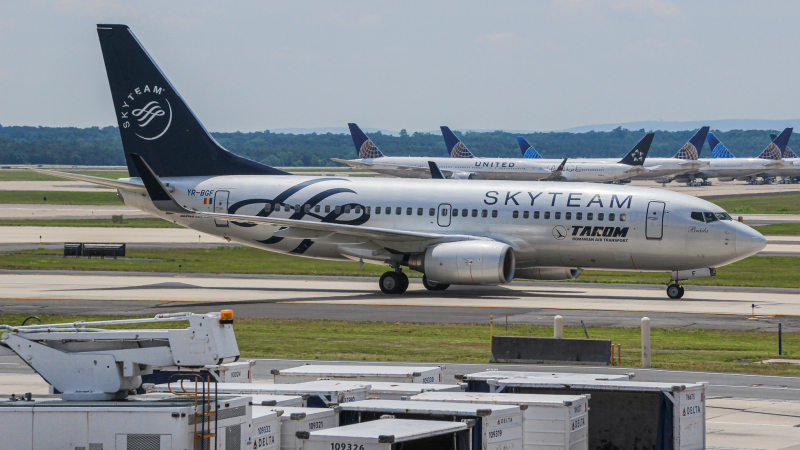
When airlines give out upgrades, they typically do so in order of accrued intra-airline status, rewarding those who fly the airline frequently and often lavishly. Should an airline upgrade a passenger flying economy into first class, and the passenger is flying for the very first time, airlines are often fearful of the drop in perceived value—the passenger may view first class as less exclusive since they accessed it so easily, and therefore their willingness to pay for such a seat is lower.
Think of first class as an exclusive club similar to schools. The most selective schools tend to accept few students to lower the acceptance rate and, therefore, increase the school's perceived value. Schools with admit rates under 20% tend to be viewed as "top" schools.
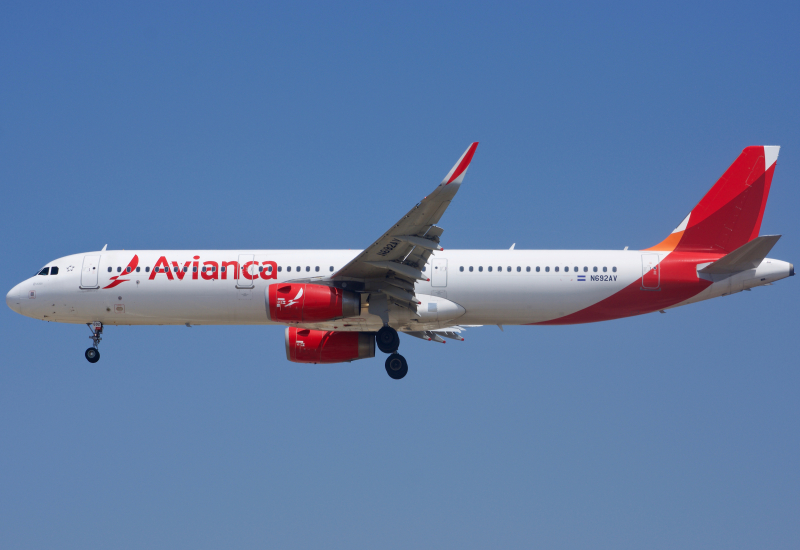
This creates a reinforcing cycle where applicants increase every year with a boost in reputation, and simultaneously, offers decline, and the acceptance rate continues to decrease. The perceived value would decline if the school suddenly started letting any student in. Individuals would be willing to pay less for such an education, and their willingness to attend might decrease.
In the same way, if an airline lets anyone fly in first if a seat is empty, the overall value of the class may become lower and be viewed as something you are entitled to should you fly again.
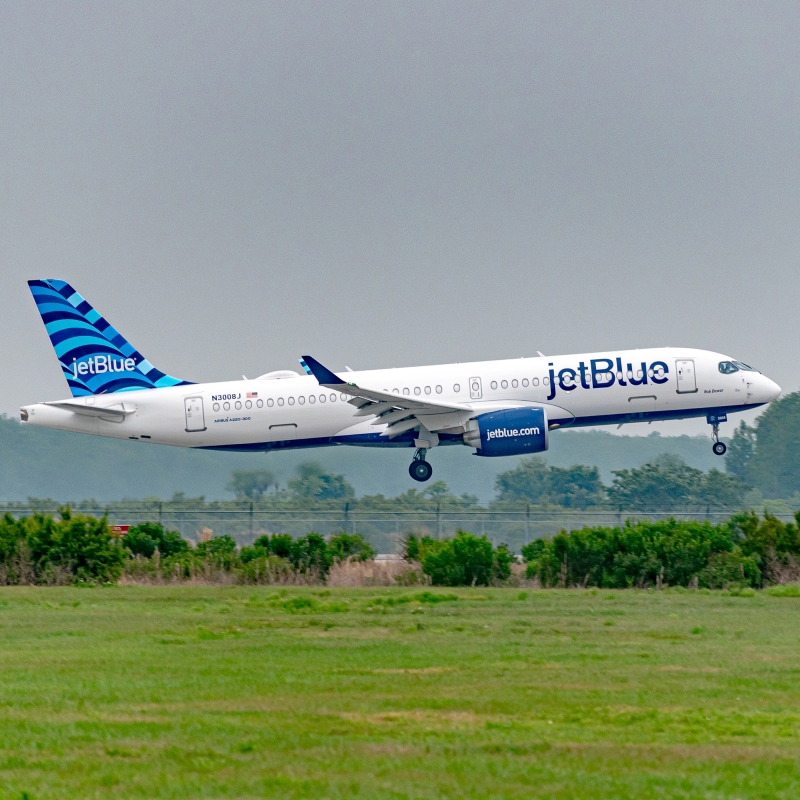
This leads to other key problems. First class is no longer a class that one has to pay exorbitant amounts to achieve - it is simply a class one can upgrade to every time. No longer is such a class associated with extravagance in the ways the 1970s first classes used to be. According to One Mile at a Time, of the first class seats offered by Delta Air Lines in 2011, only 31% were sold—the rest were upgrades. With substantial changes, that number is closer to 80% sold.
Secondly, it could create tension between passengers in first class who paid for the seat and those who upgraded, even if the "financial" identities of the passengers are unknown. Those who pay full fare typically are willing to pay extra not only for the seat quality but also to protect against the risk of not always getting upgraded should they get a lower class. It would be frustrating to see someone gamble on the risk and have it pay off.
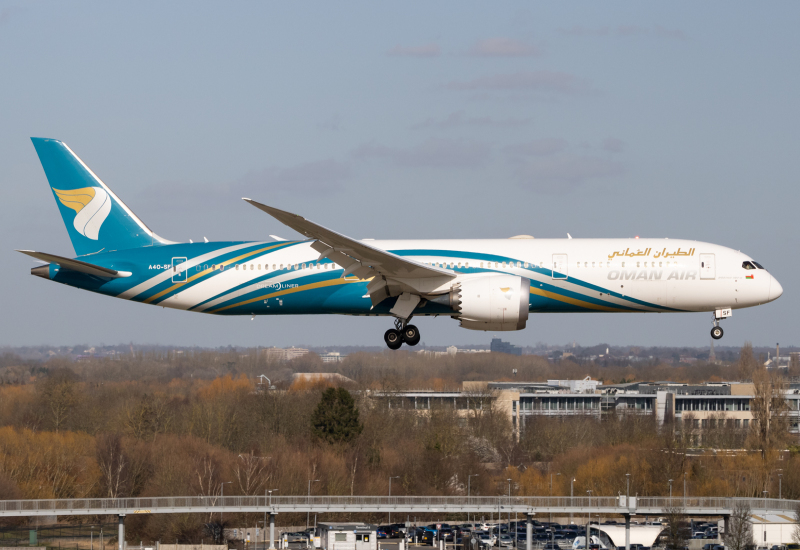
In the short run, leaving seats open may increase sunk costs. Every seat not sold is a loss in revenue, additional catering that wasn't used, etc. It also may appear that the airline is not acting out of goodwill since they often want to subject passengers to poor economy classes.
However, suppose airlines can increase the number of paying customers over time with a reduced incentive to wait for an upgrade. In that case, long-term revenue rises, and the overall perceived value of the class and willingness to pay is higher. Ideally, an airline will use revenue and profit increases to improve the customer experience for every paying passenger.
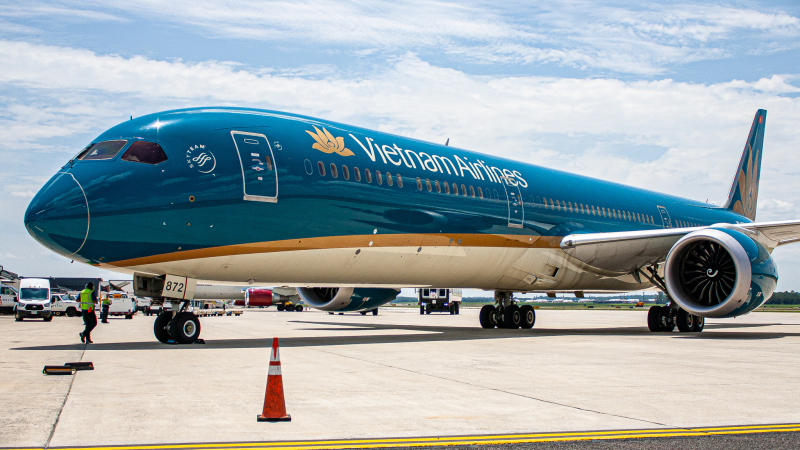
Some airlines have taken radically different steps to allocate empty seats. Many airlines want to keep the structure where the seat is always sold at a fair price for someone willing to pay the price for the seat. Thus, once seats are known to be empty, an auction is instituted, and the seat is awarded to the highest bidder.
Cathay Pacific, Etihad, Lufthansa, Qantas, and ANA are some airlines that do this. No U.S.-based airline has such a system. For such a system, airlines typically set minimum and maximum bids, making it impossible for an individual to secure an upgrade for $1.
Export Development Canada Secures Aircraft Repossession in Nigeria Under Cape Town Convention » Could You Survive a Plane Crash? The Unlikely Science of Plane Crash Survival » Maldivian Airlines Introduces First-Ever Widebody Aircraft, Plans New China Flights »
Comments (0)
Add Your Comment
SHARE
TAGS
INFORMATIONAL Economics Upgrade First Class SeatsRECENTLY PUBLISHED
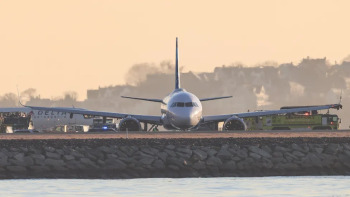 Could You Survive a Plane Crash? The Unlikely Science of Plane Crash Survival
With air travel consistently being heralded as the safest form of public transport, most of us do not board a plane pondering our chances of survival in the event of a crash. But, is it possible to survive one?
INFORMATIONAL
READ MORE »
Could You Survive a Plane Crash? The Unlikely Science of Plane Crash Survival
With air travel consistently being heralded as the safest form of public transport, most of us do not board a plane pondering our chances of survival in the event of a crash. But, is it possible to survive one?
INFORMATIONAL
READ MORE »
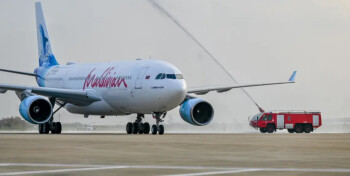 Maldivian Airlines Introduces First-Ever Widebody Aircraft, Plans New China Flights
Maldivian, the government-owned national airline of the Maldives, has just welcomed its first-ever wide body aircraft: the Airbus A330-200. With the new aircraft, the carrier also plans brand-new long haul international flights to China.
NEWS
READ MORE »
Maldivian Airlines Introduces First-Ever Widebody Aircraft, Plans New China Flights
Maldivian, the government-owned national airline of the Maldives, has just welcomed its first-ever wide body aircraft: the Airbus A330-200. With the new aircraft, the carrier also plans brand-new long haul international flights to China.
NEWS
READ MORE »
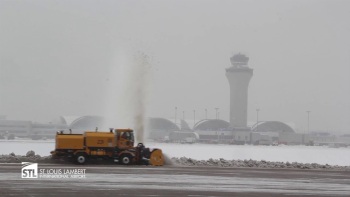 Thousands of Flights Impacted as Winter Storm Blair Hits U.S.
Winter Storm Blair has unleashed a huge blast of snow, ice, and freezing temperatures across the Central and Eastern United States.
As of Sunday afternoon, over 6,700 flights and counting have been disrupted. This includes cancelations and significant delays leaving passengers scrambling to change flights and adjust travel plans.
NEWS
READ MORE »
Thousands of Flights Impacted as Winter Storm Blair Hits U.S.
Winter Storm Blair has unleashed a huge blast of snow, ice, and freezing temperatures across the Central and Eastern United States.
As of Sunday afternoon, over 6,700 flights and counting have been disrupted. This includes cancelations and significant delays leaving passengers scrambling to change flights and adjust travel plans.
NEWS
READ MORE »



